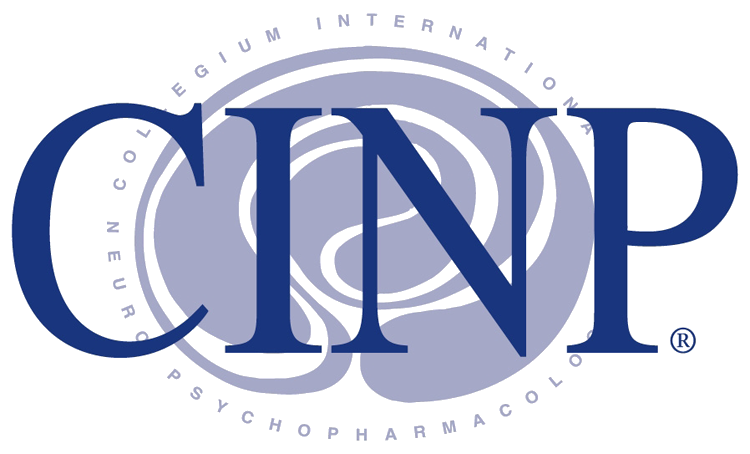Empathizing with Mental Illness
 Dealing with a loved one’s mental illness can be difficult. It may seem like some mental illnesses are nearly impossible to understand. For example, many soldiers who fought in the wars in Iraq and Afghanistan suffer from severe Post Traumatic Stress Disorder (PTSD). PTSD can also be seen in survivors of serious accidents, natural catastrophes, rape and traumatic experiences of war. Other major mental disorders such as Bi-Polar disorders and Schizophrenia can cause people to experience both delusions and hallucinations during their acute phases.
Dealing with a loved one’s mental illness can be difficult. It may seem like some mental illnesses are nearly impossible to understand. For example, many soldiers who fought in the wars in Iraq and Afghanistan suffer from severe Post Traumatic Stress Disorder (PTSD). PTSD can also be seen in survivors of serious accidents, natural catastrophes, rape and traumatic experiences of war. Other major mental disorders such as Bi-Polar disorders and Schizophrenia can cause people to experience both delusions and hallucinations during their acute phases.
Family members who have not been in the patients’ shoes can have a hard time understanding these disorders. Part of this can be attributed to the patients’ inability to express how they feel. The family feeling of helplessness against a mental disorder is frightening for those who only want what is best for their suffering family member. What actions can friends and family take to help cope with mental illnesses plaguing the people they love?
A helpful approach to understanding what the person is going through is becoming educated about the illness itself. Depression and Anxiety Disorders are often experienced as mental illnesses with varying degrees of severity. Researching the internet, consulting with doctors and reading books on particular mental illnesses are all ways to learn more. It also important to keep in mind that medications for treatment of mental illnesses are often accompanied by adverse side effects. Family members who spend a great deal of time with the suffering relative should become educated on the side effects associated with different medications.
You cannot totally cure someone’s mental illness. However you can stabilize it often towards complete normality for years or even a lifetime as long as the patient continues to take the medication and is monitored in the office by their physician. Accepting the mental illness for what it is can humble all of those who are involved. You must remember that as a relative you have a life outside of the mental disorder. As a relative you are not obligated to suffer with the person, and must sometimes put your own needs first! Accomplishing your own personal goals instead can often relieve the stress of not being able to help change your relative’s mental illness. You do not have to love the mental disorder, but you can still love the person inflicted.
Dr. Ronald Fieve is a Psychopharmacologist based in New York City. At the Fieve Depression Center Dr. Fieve and his staff of MD psychiatrists and psychologists specialize in the treatment of Mood Disorders including Clinical Depression, Bipolar I and II Disorders, General Anxiety Disorders and PTSD.
Dr. Fieve has written numerous books on mental disorders including “Moodswing” (Bantam) and “Bipolar Breakthrough” (Rodale) to help educate the public on these common Illnesses. If you or a loved one is suffering from the impact of a mental disorder, please contact Dr. Fieve’s New York City office at the Fieve Depression Center
















